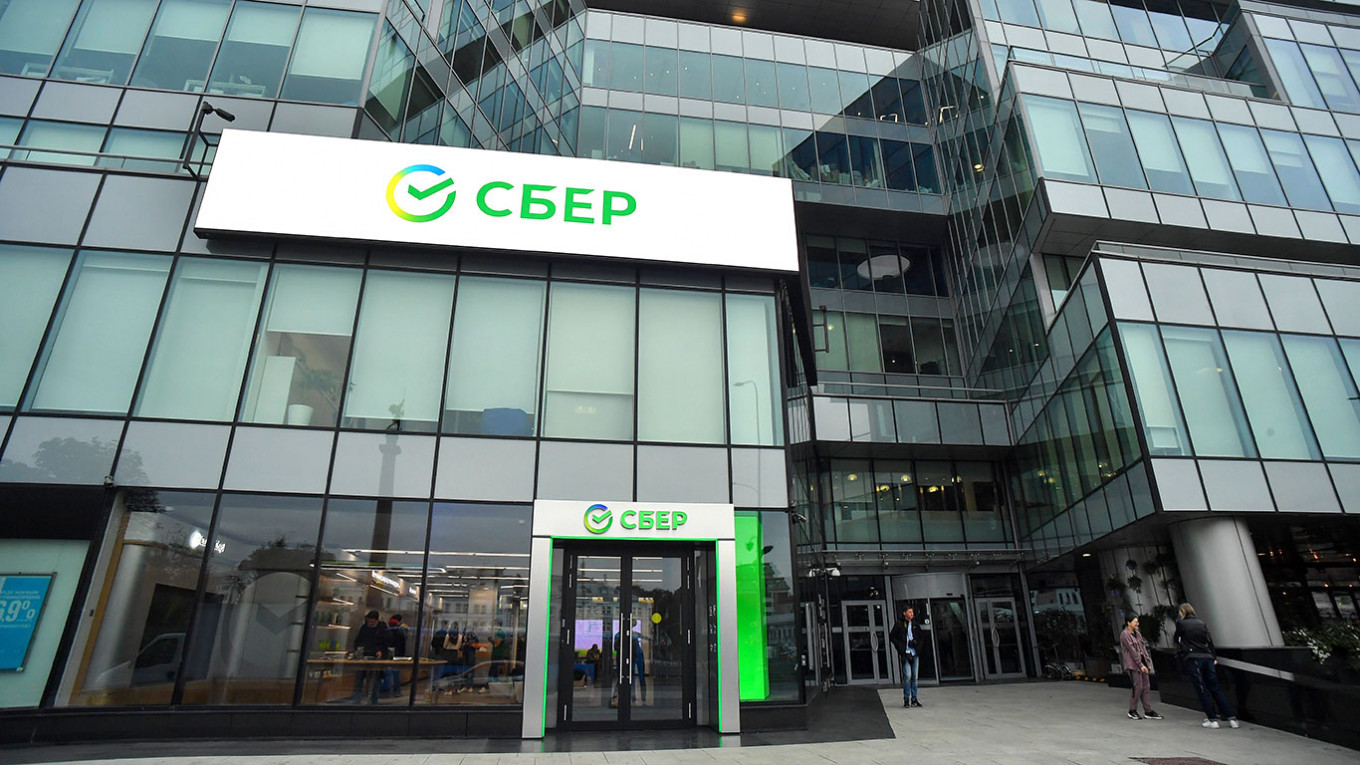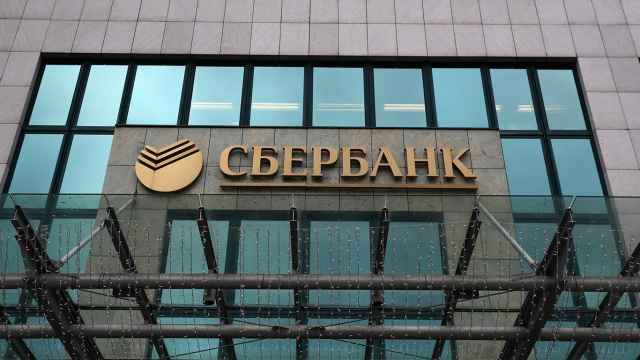Sberbank invested 73 billion rubles ($1 billion) in its digital ecosystem in the first six months of the year as it seeks to become a major player in Russia’s technology space.
The investments accounted for 11.5% of total profits at Sberbank — which recently rebranded to “Sber” — according to figures disclosed to the Vedomosti business site.
Total net profit came in at a record 630 billion rubles ($8.3 billion) during the first six months of 2021.
Sberbank’s investments in its ecosystem and non-financial products are accelerating dramatically. The company spent as much money on developing its digital ecosystem in the first half of 2021 as it did during the three previous years combined. It intends to spend a total of 300-350 billion rubles ($4.1-4.8 billion) over the next three years, Finance Director Alexandra Buryko told Reuters.
The digital ecosystem, which comprises Sberbank’s non-financial products and services, generated 75 billion rubles ($1 billion) in revenue — three times as much as in the first half of 2020 — or 4% of the company’s overall revenue. Total ecosystem revenue is expected to hit 200 billion rubles ($2.7 billion) for the full year.
E-commerce activities accounted for almost half of Sberbank’s digital revenues, with gross merchandise value (GMV), a closely watched online retail indicator, up to 35 billion rubles — 13 times higher than during the same period last year.
Meanwhile, Sberbank’s O2O joint venture which covers foodtech and transport startups and is co-owned with Mail.Ru, brought in 23 billion rubles ($310 million) of revenue.
Losses at the ecosystem arm climbed to 19 billion rubles ($260 million) over the period as the bank poured resources into its bid to capture a significant slice of one of the fastest-growing sectors in the Russian economy.
In 2020, Russian e-commerce recorded one of the world’s highest growth rates. Domestic sales of physical goods amounted to 2.7 trillion rubles ($37 billion), up 58% on 2019 figures.
Sberbank’s rivals are also investing heavily in digital expansion, particularly the e-commerce space. Tech giant Yandex is planning to invest $650 million this year developing its online retail capabilities, the company told investors on a recent conference call, and it expects GMV to grow three-fold during 2021.
A Message from The Moscow Times:
Dear readers,
We are facing unprecedented challenges. Russia's Prosecutor General's Office has designated The Moscow Times as an "undesirable" organization, criminalizing our work and putting our staff at risk of prosecution. This follows our earlier unjust labeling as a "foreign agent."
These actions are direct attempts to silence independent journalism in Russia. The authorities claim our work "discredits the decisions of the Russian leadership." We see things differently: we strive to provide accurate, unbiased reporting on Russia.
We, the journalists of The Moscow Times, refuse to be silenced. But to continue our work, we need your help.
Your support, no matter how small, makes a world of difference. If you can, please support us monthly starting from just $2. It's quick to set up, and every contribution makes a significant impact.
By supporting The Moscow Times, you're defending open, independent journalism in the face of repression. Thank you for standing with us.
Remind me later.







